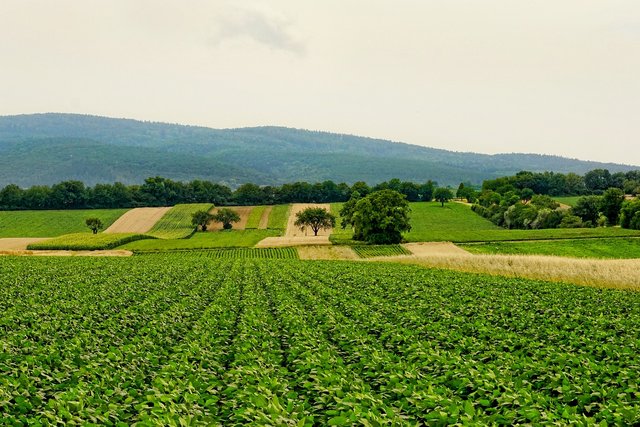The Importance of Agriculture
Agriculture is one of the oldest and most essential practices that shape our world. It plays a critical role in the economy, environment, and society, influencing everything from food production to job creation and environmental sustainability. Here are some key points highlighting the importance of agriculture:
1. Food Security
At the core, agriculture is responsible for producing the food that sustains human life. It provides the raw materials for food production, including grains, vegetables, fruits, dairy, and meat. With the global population steadily increasing, agriculture is vital for ensuring food security and addressing the nutritional needs of billions.
2. Economic Contribution
Agriculture is a major contributor to the global economy, particularly in developing countries. It provides employment to millions, from farmers and laborers to distributors and retail workers. In many nations, agriculture is not only the primary livelihood for rural populations but also a key driver of GDP. Beyond direct employment, it supports industries like food processing, transportation, and retail.
3. Source of Raw Materials
Agriculture doesn't just supply food; it also provides raw materials for other industries. Products like cotton, timber, rubber, and biofuels come from agricultural practices. These materials are critical for the textile, construction, and energy industries, further strengthening the global economy.
4. Environmental Impact
Sustainable agricultural practices are essential for maintaining a healthy environment. Agriculture plays a key role in maintaining biodiversity, managing water resources, and mitigating climate change. Practices like crop rotation, agroforestry, and organic farming can help maintain soil health and prevent overexploitation of natural resources.
5. Cultural and Social Importance
Agriculture shapes cultures and societies in many ways. It influences traditions, lifestyles, and even the structure of communities. Farming is often central to rural identity, and agricultural fairs, festivals, and markets are vital to social life in many regions. Additionally, agriculture fosters connections to nature and a deep understanding of natural cycles.
6. Renewable Resource Utilization
Unlike fossil fuels, agriculture is a renewable resource. As long as proper environmental stewardship is practiced, farming can continue to yield valuable products year after year. Sustainable farming techniques help preserve the land for future generations, ensuring a balance between agricultural needs and environmental health.
7. Global Trade and International Relations
Agriculture also facilitates global trade. Crops like coffee, tea, rice, and spices, as well as livestock products, are traded across borders, making agriculture a major factor in international relations. Countries with agricultural surpluses can export products to meet the demands of other nations, fostering economic ties and diplomatic relations.
8. Innovation and Technological Advancements
Agriculture has seen significant technological advancements that improve productivity, efficiency, and sustainability. From genetically modified organisms (GMOs) to precision farming, modern agriculture uses cutting-edge technology to tackle challenges such as climate change, water scarcity, and increasing food demand.
Conclusion
Agriculture is not just about farming; it is the backbone of civilization. It touches every aspect of our lives, from the food we eat to the environment we live in. As the world continues to face challenges such as climate change, population growth, and resource depletion, the importance of agriculture will only continue to grow. Embracing sustainable practices, supporting innovation, and investing in agricultural development will be key to ensuring a prosperous future for generations to come.

Downvoting a post can decrease pending rewards and make it less visible. Common reasons:
Submit